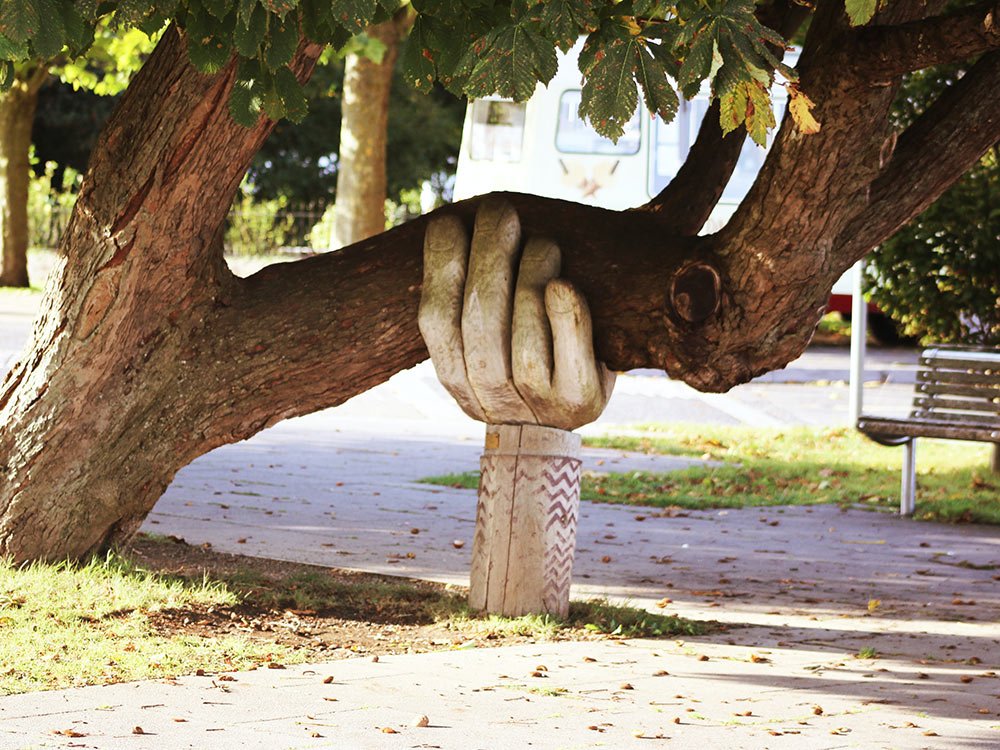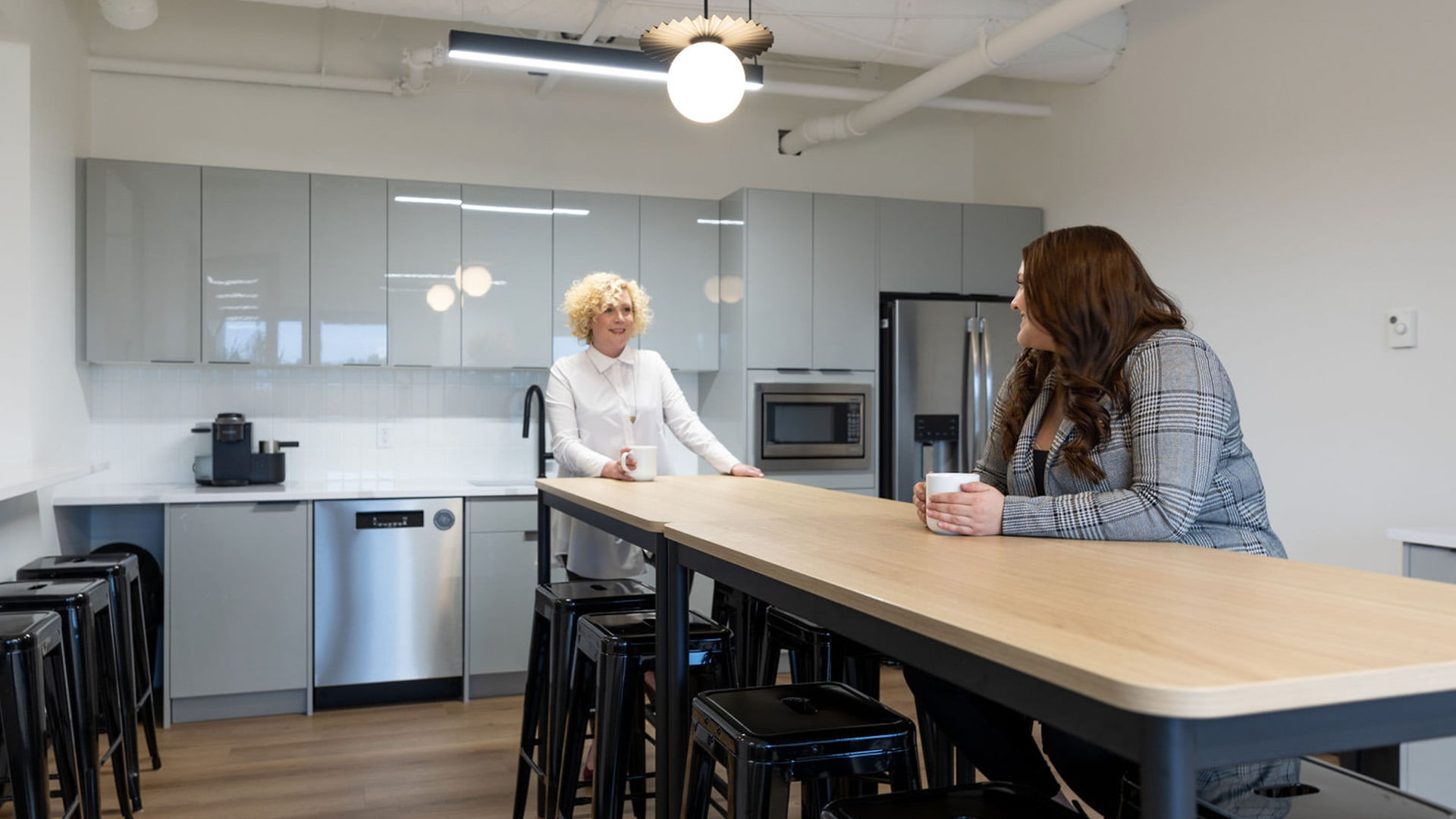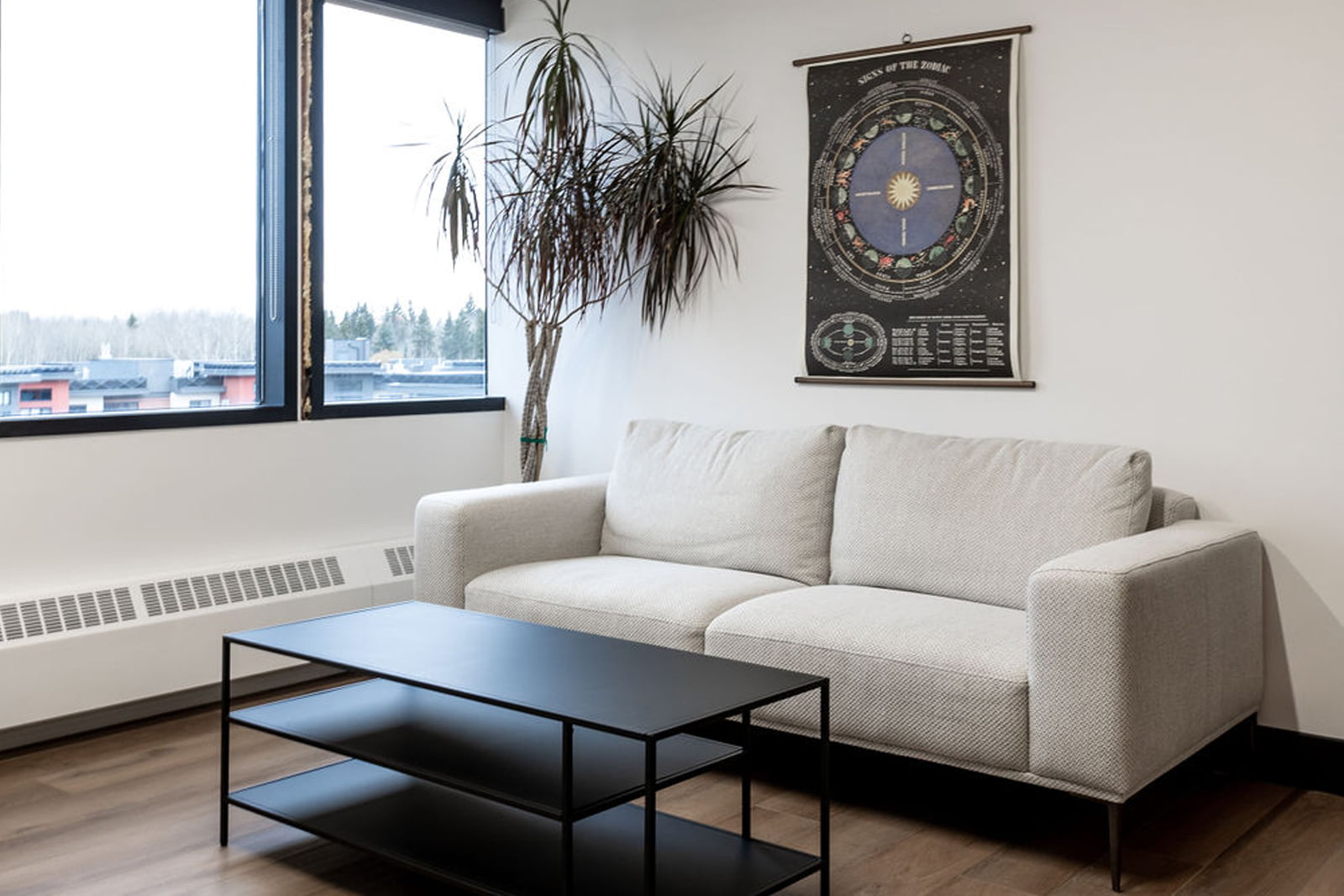Divorce is not uncommon today, unfortunately. According to the 2011 census, five million Canadians have separated or divorced in the past two decades, and the impact is felt by both couples and their children. For children, separation and divorce can be painful.
Separating and divorcing parents must consider not only their feelings, but also the impact of post-breakup living arrangements on their children. These new circumstances can alter their regular and expected routines, and children’s reactions can vary widely, depending on their age and development. Some children may not understand why a marriage or common-law relationship dissolves and feel confused or anxious. Others may express feelings of sadness, anger or loss.
High parental conflict levels during and after divorce can harm children. Difficult as it may be, try to keep things as civil as possible, and keep children protected from any strife. Be as open as you can about the separation or divorce, and present as united a front between parents as possible. Consider working with a family therapist, particularly if your child is struggling. You may also wish to enroll in a parent education program such as those listed within the Inventory of Government-Based Family Justice Services. In Alberta, these include
- Focus On Communication In Separation (FOCIS) (Alberta)
A six-hour, skill-based course, FOCIS teaches parents how to communicate effectively while living apart. FOCIS aims to enhance parents’ communication skills, reduce parental conflict and improve long-term outcomes for children. Parents completing the course will be able to decrease tension and stress for themselves and their children by reducing conflict through improved communication and problem- solving skills. Parents attend separate groups so each parent has a safe place to learn and practise new skills. - Parenting After Separation Course (PAS)
PAS is a six-hour seminar offering information to parents about the separation and divorce process, the effects of separation and divorce on children, techniques for communication when parenting apart and legal information that affects parents and children. Available for all Albertans, either in person or online, PAS teaches parents the importance of working together to meet children’s health, social, educational and emotional needs. The program encourages parents to attend mediation and to consider other dispute resolution options. - Parenting After Separation For Families in High Conflict (PASHC) (Alberta)
PASHC is a three-hour seminar available to parents in Calgary and Edmonton who have already completed the Parenting After Separation course. Parents may choose to attend, or they may be directed by the Court to attend. Parents attend separate sessions and learn about the process of separation, how to emotionally disengage from one another and how to identify and renegotiate boundaries. Parents will be encouraged to develop a parallel parenting plan, which can be an effective tool to reduce conflict and minimize the contact between parents.
Beyond these, the Justice Canada website houses free guides and publications for families going through divorce or separation. Among them is What happens next? Information for kids about separation and divorce. With the knowledge gleaned from these education programs and resources, and from age-appropriate books and interesting websites, you will be better prepared to help your family adjust.
At Lift Legal, we know that, for children especially, divorce can be painful. How you handle the separation and divorce can make a huge difference in how well your children adapt. Contact us today to ask how we may be able to help you and your children cope, adapt and move forward.













